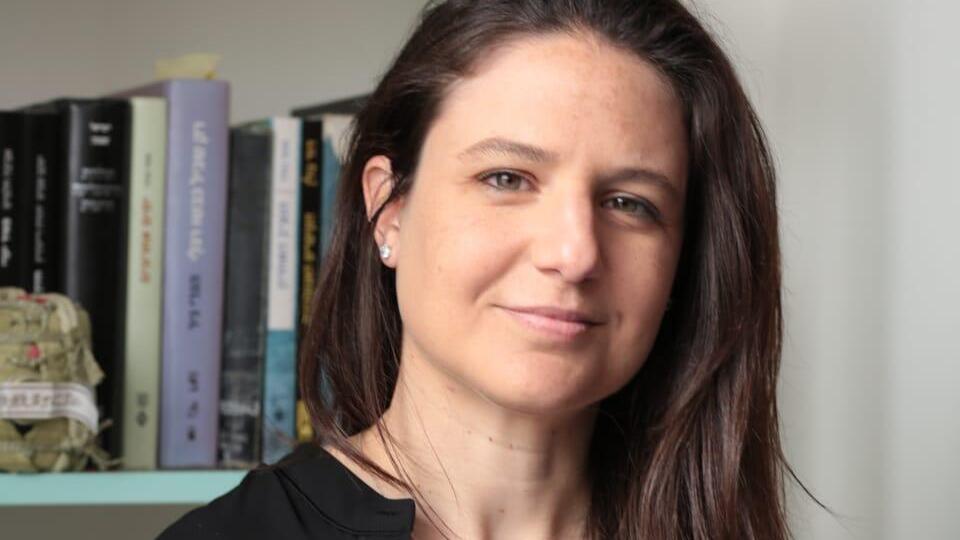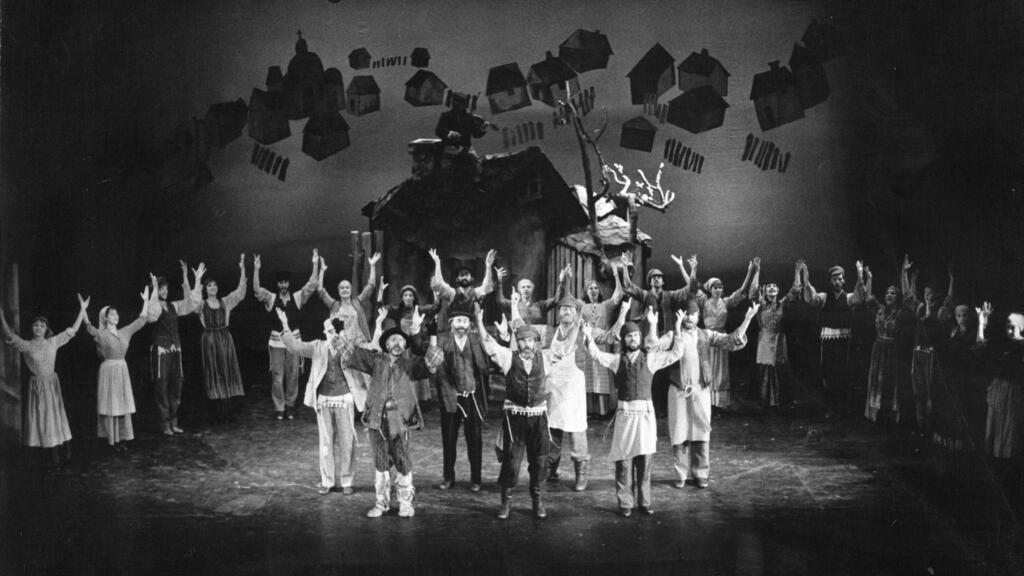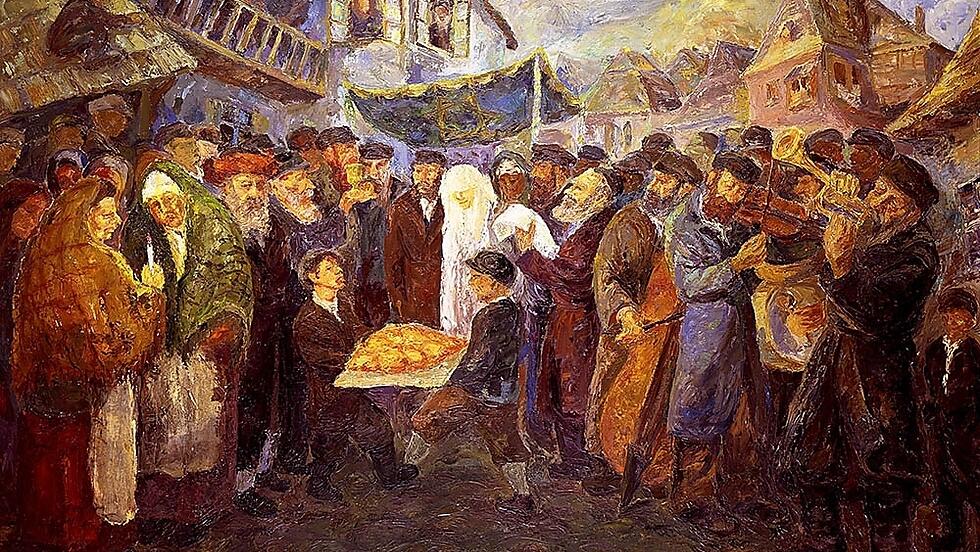A number of revolutionary Jewish women fought and managed to break free from the restrictive life set out for them in the 19th and 20th centuries — lack of education, early marriage, and child rearing.
Dr. Avital Ginat studied these women, who insisted on going down a path of independence in an era of rigid patriarchal norms, and explained it by pointing to nowadays where women are driven to change their lives thanks to better education and geopolitical changes in Poland.
Ginat hypothesized that the revolutionary Jewish women employed five main tactics to secure their independence: divorce, threats of religious conversion, education, immigration, and prostitution.
"Jewish society underwent big changes during this time," Ginat explained. "It was a conservative society, in a neighborly shtetl, in which the family stood at the center and was the most important framework … In general, women were taught to stay at home."
Women's mindset began to shift during this era, according to Ginat, hence many sought to defer marriage and enjoy a few years of independence or even remain single forever. "We're talking about ages 12, 13, and 15. There was a desire to gain another two-three years, to be alone or achieve independence," she said.
Ginat's research focuses on the women who consciously decided to live the entirety of their lives unmarried, and she argues that their motives resemble women who make similar life choices today.
In order to prolong their independence, many women acquired higher education. "There was a popular trend of Jewish women going to study medicine," Ginat described.
"Why? Because medical school gave you the option of leaving the areas in which Jews were allowed to reside in Eastern Europe before the emancipation, to study and also work in the future."
Other Jewish women would oftentimes gain more independence after their fathers' passing. "Then she would have the motivation and ability to leave, and more options would present themselves," she explained.
"In the beginning, it came from a wish to delay the age of marriage and gain these years, and afterward, it was just a choice to be free and not be dependent on anyone."
However, Ginat noted that these women faced many obstacles along the way to autonomy. Many looked for "emotional shelters," given independence came attached to the stigma of the "old harridan."
In order to escape their strict Jewish lifestyles, some of them turned to prostitution.
"Prostitution was a widespread phenomenon, very important and significant in those days. It's a touchy subject, but an inevitable aspect of every wave of mass immigration," Ginat said. "In that time, there was a crazy influx of Jewish immigrants from Eastern Europe, we're talking about something like two million. There was prostitution, and Jews played a big part in it. Both women as prostitutes and Jewish men as pimps."
Ginat describes the choice to pursue prostitution as "one alternative out of many other poor alternatives."
"Many said that the motive was financial, but others said this was the way of life they saw fit for independence. For example, it was very common for women to work in this for a few years and then use the money they saved up to open their own business in a new field, where no one knew who they were."
However, their choice of trade did not come at the expense of their religious identity which allowed them to band together and create their own communities where they would often build Jewish cemeteries and synagogues.
Some women threatened to convert to Christianity to escape being married off at a young age, a move considered even more extreme than prostitution at the time.
"Conversion to Christianity was not a common phenomenon, but it was one that really troubled Jewish society," Ginat said.
"There is also a monastery in Krakow that many girls went to. I think it was a place of negotiation with their parents, for Jewish women that threatened: 'If you don't release me from this arranged marriage that you're forcing me into, then I'll convert to Christianity.' There were many girls that did it. Some only made threats and stayed there for a while, but nothing more."
Passing on religious dogma, other Jewish turned to a different ideological group — socialism. "This was sort of a strategy too," Ginat explained.
"We look at it as the goal, but at the end of the day, it was a strategy adopted to escape home, to leave the father's authority. Joining a monastery or a socialist group was not the goal, but a means to an end."
Ginat hails the sacrifices undertaken by these women and adds "they didn't know what they did was feminism."
"It's important to me that people understand that women were very creative and clever when they paved their own paths to independence. For every story I tell about girls who ran away to the nearest city at night for a new life, there are many stories that ended with them forcibly returned to their families and marriage. Some of them even wrote about this. Those who succeeded had to be very clever."




